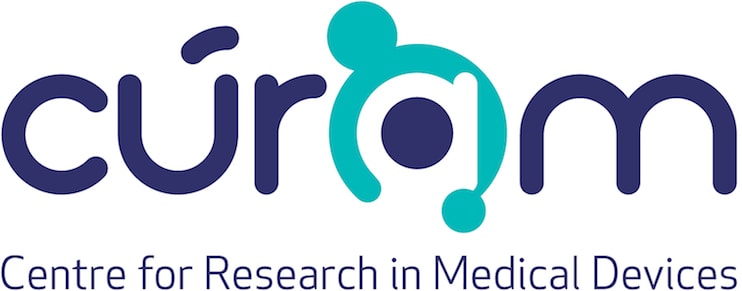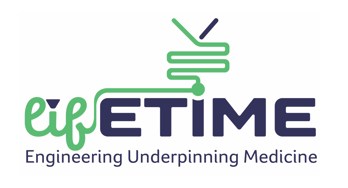Joints in the lab
By LifETIME CDT Student: Maria Laura Vieri (University of Glasgow) Hi everyone, I am a 1st year LifETIME CDT student. My PhD project is focused on the development of 3D hydrogel-based models of bone and cartilage, which can be used to evaluate the differentiation of induced pluripotent stem cells (iPSCs) into relevant cell lineages. Over …








